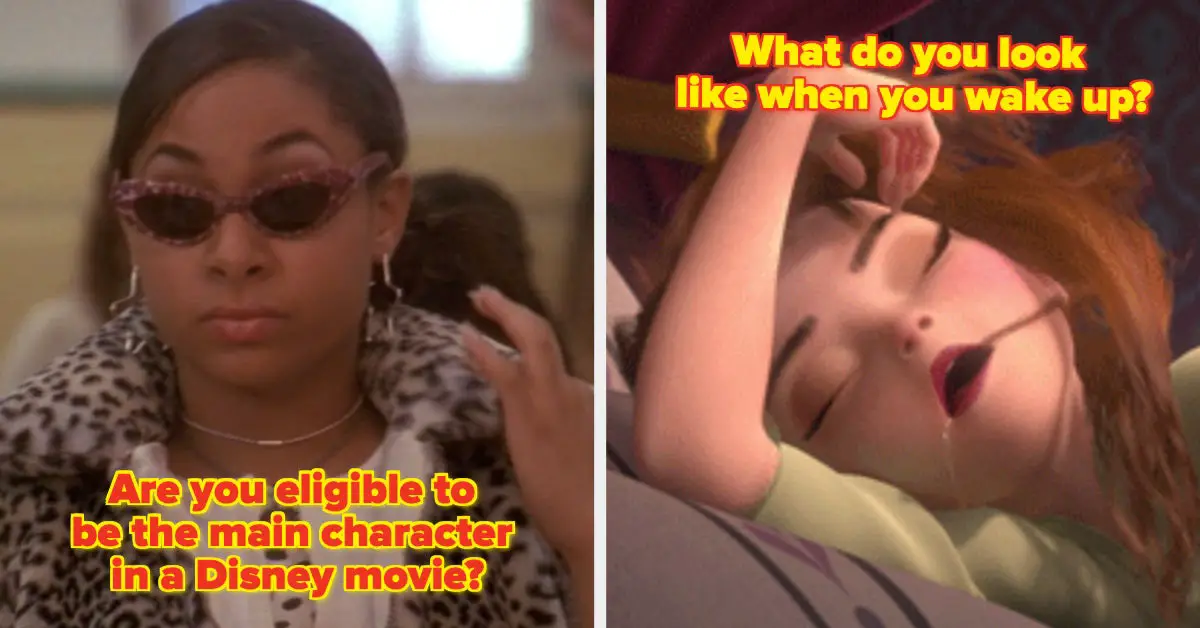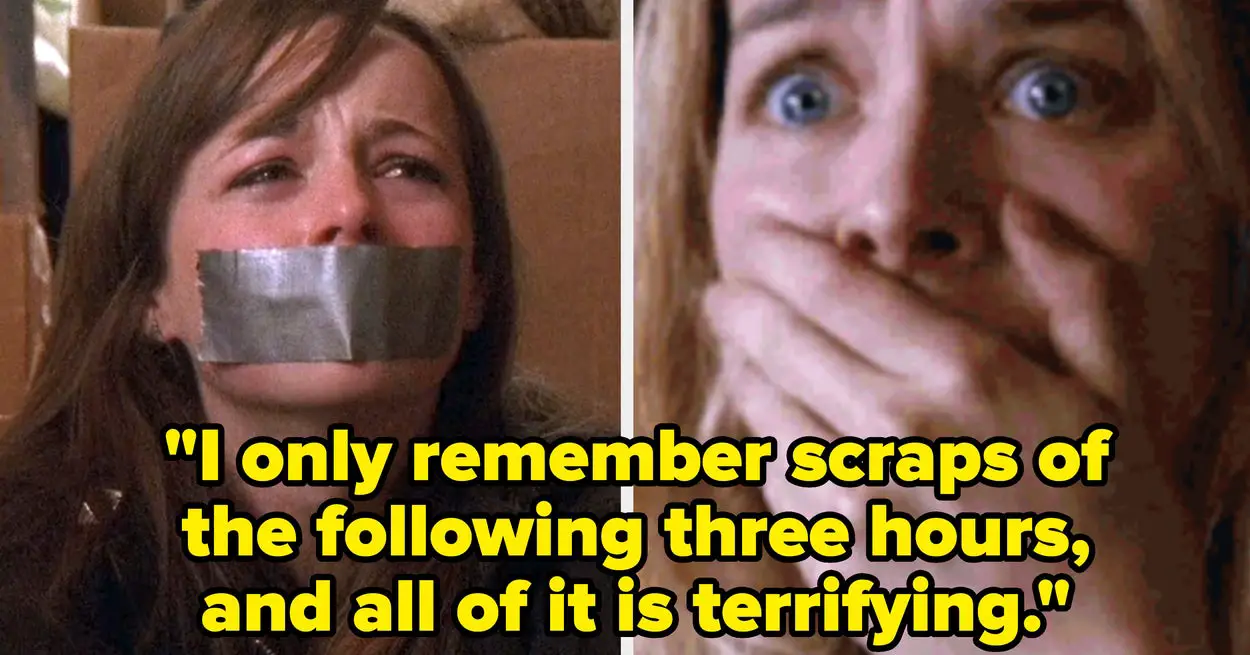The U.S. Supreme Court will hear two First Amendment rights cases in which public officials blocked people on their social media accounts.
The cases both related to a case involving former president Donald Trump, in which he argued that he should have the right to block people on his Twitter account. Trump argued that since the account was a personal one and not an official public one, he had every right to purge his critics.
A lower court judged that he didn’t, stating that “once the president has chosen a platform and opened up its interactive space to millions of users and participants, he may not selectively exclude those whose views he disagrees with.” It didn’t matter that Trump’s account was private, said the judge; what mattered is that he talked about official business on it. The case was later thrown out by the Supreme Court after the end of Trump’s presidency, so the issue has been left hanging.
The two cases right now may not have the same spotlight appeal, but the question remains: Do officials have the right to block their critics, or is their doing that a breach of free speech considering they work for the public? The outcome of these cases could have profound ramifications down the line.
One of the current cases relates to Facebook and Twitter accounts belonging to members of the Poway Unified School District in San Diego, California. The members, Michelle O’Connor-Ratcliff and T.J. Zane, used these accounts to relay information to their constituents about the board’s activities while talking about many issues at the school. Some parents took umbrage with some of the things they said and countered with criticism on a number of occasions – deemed repetitive. The parents were blocked, and the case went to court, which ended with the lower court ruling in their favor.
The officials argued that these were personal accounts, not public accounts, and so were not funded or controlled by the state. They said the result will have the “unintended consequence of creating less speech if the social-media pages of public officials are overrun with harassment, trolling, and hate speech.”
The other case, Lindke v. Freed, No. 22-611, involves the city manager of Port Huron, Michigan, who used a Facebook account to talk about various issues, including the pandemic and how the city responded to it. After being criticized, he blocked some users, who took the case to court. The court ruled that the account was personal, not public.
There is now much confusion over what counts for a public account, which has led to the Supreme Court taking up the cases.
Photo: Anthony Quintano/Flickr
Your vote of support is important to us and it helps us keep the content FREE.
1-click below supports your our mission for providing free content.
Join Our Community on YouTube
Join the community that includes over 15k #CubeAlumni of experts including Amazon.com CEO Andy Jassy, Dell Technologies founder and CEO Michael Dell, Intel CEO Pat Gelsinger and many more luminaries and experts.
THANK YOU
Source link









Leave a Reply